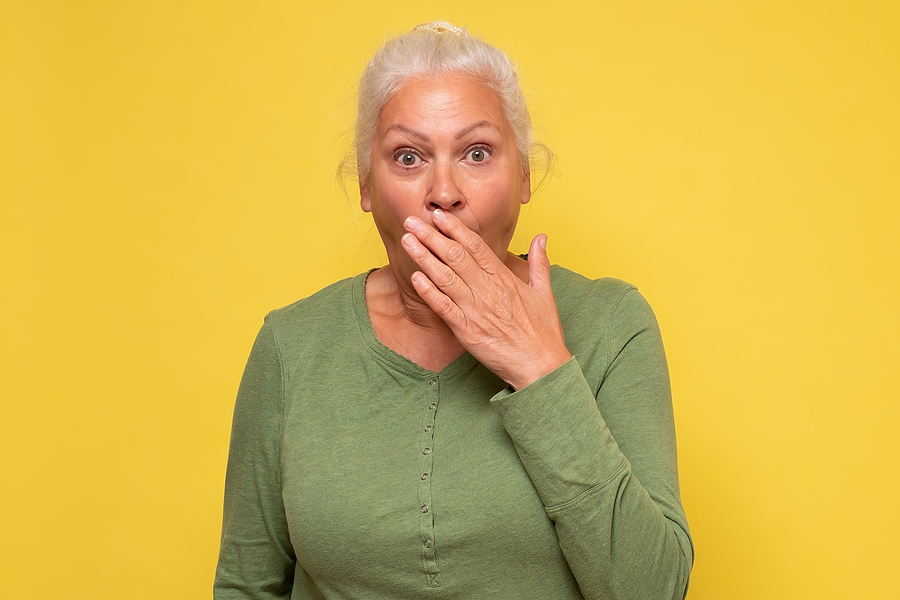Although passing gas is perfectly normal, many women feel it gets worse as they get older.
Earlier this year a friend suggested I write a post on ‘involuntary farting’. Her mother, she said, had done this all the time in her 80s and 90s, and now she feared she might be heading in the same direction.
Human beings are a flatulent bunch. Apparently, gas expulsion around 10 to 20 times a day is the norm for people of any age. Maybe we should stop blaming cows for all that methane. (Just joking, burping cows produce way more than farting humans.)
It might become more of an issue with age though, for several reasons.
First, intestinal gas is produced when bacteria in the colon or bowel (large intestine) break down undigested food. With age our digestion can become less efficient, at least partly because our gut muscles can get weaker and the passage of food through the gut slows down.
Second, the loss of muscle strength that comes with age also affects our pelvic floor. This group of muscles has a big job: they have to support our bladder, vagina, uterus, colon, rectum, and anus.
A weaker pelvic floor can mean weaker muscle around sphincters such as the anus, making it harder to control the passage of gas.
If you suspect your pelvic floor needs more strength, consider an appointment with a pelvic floor physio.
Third is diet. Certain foods have a reputation for causing more than their share of gas. Unfortunately, they’re often foods that come under the gut-healthy, high-fibre umbrella: brassica or cruciferous vegetables (e.g. broccoli, cabbage, and cauliflower), some fruits, legumes, the onion family, fermented foods (kimchi, sauerkraut, kefir and so on), whole grains, and dairy (some of us produce less lactase with age).
Given that constipation is a concern for some of us, it’s not uncommon to be consciously adding dietary fibre. If you’re doing that, be sure to do it slowly.
If you think diet might be the source of your flatulence, try to notice which foods seem to make it worse. Perhaps you can manage when you eat them and how much you eat.
Another option is to talk to staff at a pharmacy or naturopathic store about over-the-counter products that might help. A visit to a dietitian who works with diets such as FODMAP could also be useful.
The fourth reason we might fart more when we’re older is that some prescription drugs can generate gas. These include some blood pressure medication, statins, and pain medication. Read the consumer information on what you’re taking and see whether flatulence is on the list of side-effects.
What else can you do?
Chew well and eat slowly so your digestion works as well as possible. And stay well hydrated. Some people find that herbal teas such as mint or fennel support better digestion.
Regular exercise is also important. It helps keep a healthy microbiome as well as maintaining the strength and coordination of the muscles in the digestive tract.
Of course, if you have not only gas but pain, bloating, or diarrhea get it checked because those symptoms could signal a more serious gut issue.
Photo Source: Bigstock

